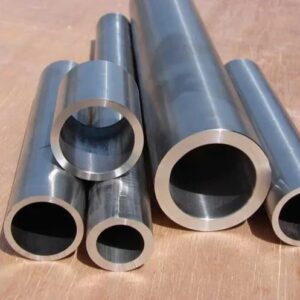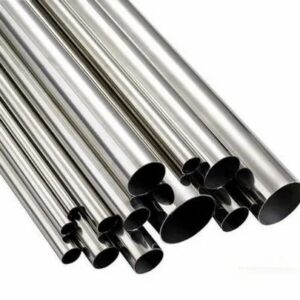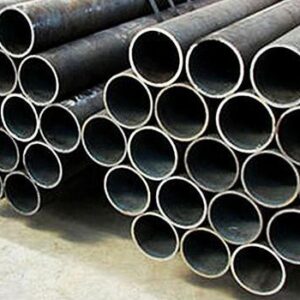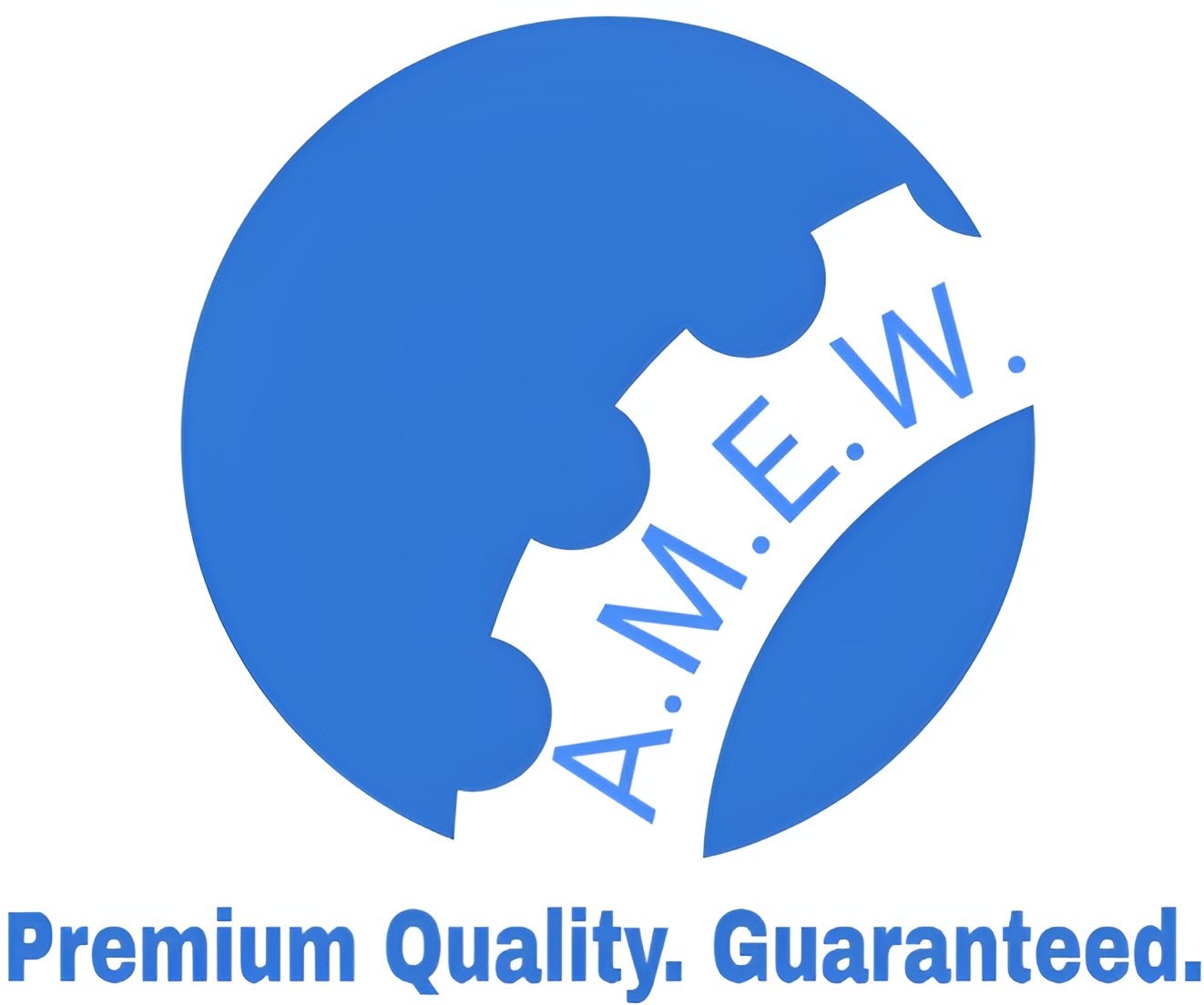Precision Steel Pipe Manufacturer and Supplier in Mumbai, Kolkata
Precision Steel Pipe: A Comprehensive Guide
Precision steel pipes are widely used across various industries due to their superior quality, dimensional accuracy, and smooth surface finish. These pipes are manufactured using high-quality steel and are primarily used for applications that require tight tolerances and smooth finishes. Precision steel pipes can be hot-rolled or cold-drawn, depending on the desired properties and application.
This guide provides an in-depth look at precision steel pipes, their types, manufacturing process, and applications.
What is Precision Steel Pipe?
Precision steel pipes are manufactured to tight dimensional tolerances, making them ideal for industries where precision and accuracy are critical. These pipes often feature a smooth inner and outer surface, and they are available in both seamless and welded varieties. The seamless types are more common in high-pressure environments, while welded pipes are often used in lower pressure applications.
Key Features of Precision Steel Pipes
- High Dimensional Accuracy: Precision steel pipes are known for their excellent tolerance levels, often with deviations of only a few micrometers.
- Smooth Surface Finish: Both the inner and outer surfaces are smooth, reducing friction and wear in applications such as hydraulics.
- High Strength and Durability: These pipes are manufactured from high-quality steel, which enhances their durability and performance in demanding environments.
- Corrosion Resistance: Many precision steel pipes undergo surface treatments to improve resistance to corrosion, making them ideal for use in aggressive environments.
- Versatility: Available in various sizes, wall thicknesses, and steel grades, precision steel pipes are used across multiple industries.
Manufacturing Process of Precision Steel Pipes
Precision steel pipes can be produced using either hot rolling or cold drawing methods, depending on the application requirements. Here’s a brief overview of each process:
1. Hot Rolling
- Involves rolling the steel at a high temperature (above the recrystallization temperature), which allows it to be easily shaped and formed.
- Hot rolling produces pipes with a rough surface finish, which can be further processed to improve smoothness.
- Often used for pipes with large diameters and thicker walls.
2. Cold Drawing
- Involves drawing the steel through a die at room temperature, which leads to high precision and better surface quality.
- Cold-drawn pipes have tighter tolerances, higher dimensional accuracy, and improved mechanical properties compared to hot-rolled pipes.
- Ideal for thin-walled pipes and those used in precision machinery.
Common Grades of Precision Steel Pipes
Precision steel pipes come in various grades, each offering different mechanical and chemical properties. Below is a table outlining some of the most commonly used grades and their applications:
| Grade | Mechanical Properties | Application |
|---|---|---|
| ST37 | Good weldability and machinability | Hydraulic and pneumatic systems, automotive components |
| ST52 | High tensile strength, good toughness | Structural applications, high-pressure systems, automotive |
| E355 | High strength, excellent machinability | Mechanical engineering, machinery parts, shock absorbers |
| E235 | Moderate strength, good ductility | Construction, machinery, automotive, and general engineering |
| 1020/1045 | High machinability and strength | Power transmission systems, precision mechanical components |
| 15CrMo | Good heat resistance, weldability | Boilers, pressure vessels, and high-temperature environments |
| 20MnV6 | Excellent toughness, shock resistance | Heavy-duty machinery, hydraulic cylinders, industrial systems |
Applications of Precision Steel Pipes
Due to their high quality and precision, these pipes find extensive use in a variety of industries. Below are some of the key applications:
1. Automotive Industry
- Precision steel pipes are widely used in automotive components such as steering systems, fuel lines, drive shafts, and exhaust systems.
- Their high strength and excellent surface finish make them ideal for critical parts that require high-performance standards.
2. Hydraulic Systems
- Precision steel pipes are commonly used in hydraulic and pneumatic systems where tight tolerances, smooth surfaces, and high pressure are crucial.
- They are found in hydraulic cylinders, pumps, and other components that require efficient fluid transfer.
3. Mechanical Engineering
- In mechanical engineering, precision steel pipes are used for making machinery parts that demand high accuracy and durability.
- These pipes are used in gear systems, machine tools, and various other mechanical components.
4. Construction Industry
- Precision steel pipes are used in the construction of buildings, bridges, and other structures that require a high level of structural integrity.
- The use of precision pipes ensures that the structure remains stable, durable, and resistant to stress.
5. Energy and Power Generation
- Precision pipes are utilized in power plants, particularly in boilers, heat exchangers, and pressure vessels.
- Their high resistance to heat and corrosion makes them suitable for high-temperature applications in energy sectors.
6. Aerospace and Defense
- In aerospace applications, precision steel pipes are used in aircraft frames, landing gears, and other critical components.
- Their lightweight, strength, and high performance under extreme conditions make them ideal for this sector.
Showing 1–16 of 30 results
-

1020 / S20C Hydraulic Cylinder Tube , High Precision Skiving Pipe – Honed Steel Tubing
Read more -

1045 / S45C / C45E Carbon Steel Honed Tube For Hydraulic Cylinder Skiving pipe DIN2391 BKS 20-520mm OD
Read more -

12Cr1MoV Pipe
Read more -

16Mo3 Pipe
Read more -

25CrMo4/1.7218/25CrMo Steel Pipe – Mechanical Tubing – Seamless Alloy Steel Tube
Read more -

27SiMn Hydraulic Cylinder Steel Tube – Skiving tube – Precision Honed Tube DIN 2391 BKS
Read more -

27SiMn Hydraulic Cylinder Steel Tube – Skiving tube – Precision Honed Tube DIN 2391 BKS
Read more -

30CrMo4/1.7216/30CrMo/4130 Gas Cylinder Pipe – Mechanical Tubing – Seamless Alloy Steel Tube
Read more -

30CrNiMo8/1.6580 Steel Pipe – Mechanical Tubing – Seamless Alloy Steel Tube
Read more -

34CrMo4/1.7220/35CrMo Gas Cylinder Pipe – Mechanical Tubing – Seamless Alloy Steel Tube
Read more -

36CrNiMo4/1.6511 Steel Pipe – Mechanical Tubing – Seamless Alloy Steel Tube
Read more -

4140 / 42CrMo4 / 1.7225 / SCM440TK Alloy Steel Honed Tube For Hydraulic Cylinder Skiving pipe DIN2391 BKS 20-520mm OD
Read more -

41Cr4/1.7035/40Cr Steel Pipe – Mechanical Tubing – Seamless Alloy Steel Tube
Read more -

42CrMo4/1.7225/SCM440TK/4140 Steel Pipe – Mechanical Tubing – Seamless Alloy Steel Tube
Read more -

4340/EN24/817M40 Steel Pipe – Mechanical Tubing – Seamless Alloy Steel Tube
Read more -

8620/1.6523 Steel Pipe – Mechanical Tubing – Seamless Alloy Steel Tube
Read more

